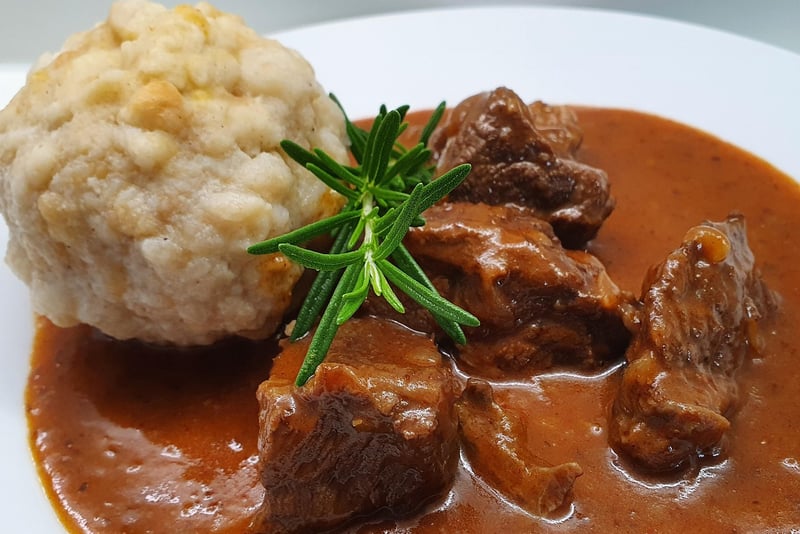Traditional Influences
Culinary Cross-Cultural Experiences and Traditional Influences
Exploring the world through food offers a rich tapestry of flavors, techniques, and traditions that reflect the diverse cultures of our planet. Culinary cross-cultural experiences blend the old with the new, creating delectable dishes that pay homage to tradition while embracing innovation.
Traditional Influences in Global Cuisine
Traditional influences play a significant role in shaping the culinary identities of different regions. From the spicy curries of India to the delicate sushi of Japan, each dish carries the history and heritage of its people. These traditional influences often stem from a combination of factors such as geography, climate, agriculture, and cultural practices.
Exploring Fusion Cuisine
Fusion cuisine is a beautiful marriage of different culinary traditions, resulting in unique and flavorful dishes. Chefs around the world are constantly experimenting with ingredients and cooking techniques, blending elements from various cultures to create innovative recipes that tantalize the taste buds.
Key Ingredients in Cross-Cultural Cooking
- Spices: Spices add depth and complexity to dishes, often used in traditional cooking across the globe.
- Herbs: Fresh herbs provide vibrant flavors and aromas, enhancing the overall dining experience.
- Grains: Staple grains like rice, wheat, and corn form the foundation of many traditional dishes.
- Proteins: From seafood to poultry and meat, proteins are essential components of cross-cultural cuisine.
Benefits of Culinary Cross-Cultural Experiences
Engaging in culinary cross-cultural experiences offers a host of benefits, including:
- Expanded Palate: Trying new flavors expands your palate and introduces you to a world of taste sensations.
- Cultural Appreciation: Through food, you can gain a deeper appreciation for different cultures and their traditions.
- Culinary Creativity: Experimenting with diverse ingredients sparks culinary creativity and innovation in the kitchen.
- Community Building: Sharing meals with others fosters connections and creates a sense of community across cultures.
Embark on a culinary journey that transcends borders and traditions, celebrating the rich tapestry of flavors that make up our global cuisine.


Join us in savoring the blend of traditional influences and modern interpretations that define the ever-evolving world of culinary cross-cultural experiences.
